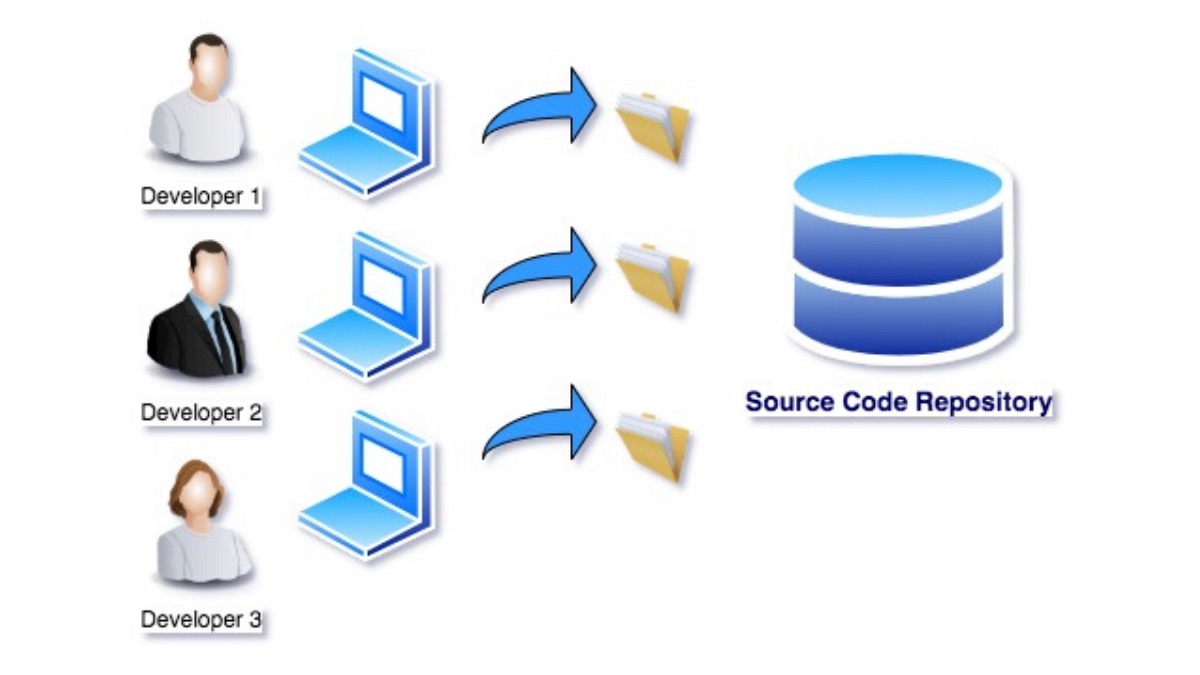

SVN or Subversion is a centralized system where you can check out a single version of a repository which implies, even without being connected to the Internet, you can still perform mergers, reviews, etc.

Q #6) What is the difference between SVN and GIT?Īnswer: Both SVN and GIT are version control systems. Github, on the other hand, is a cloud-based hosting service (which is currently owned by Microsoft) that allows you to host repositories on the cloud and, besides source control, allows additional features like: Q #5) What is the difference between Git and Github?Īnswer: Git is an open-source version control system that lets you perform versioning for a repository that is created or initialized using Git. Jenkins plugins are available for these version control tools that can be installed and used to build pipelines. It’s primarily used to set up CI/CD pipelines. It, however, provides integration with a lot of Version Control tools like Git, CVS, and Subversion. Q #4) Is Jenkins a source code management tool?Īnswer: Jenkins, by itself, is not a source code management tool. Tools integrating project management and build pipeline features are GitLab and Team Foundation Server.įor on-premise setup, teams can use Git, Subversion, CVS, etc. Q #3) What are the different source code management tools?Īnswer: There are different source code management tools available for use and a lot of them are also open-source and free to use. Depending on the team’s requirements, an appropriate tool can be used.

The commits can then apply to the main branch of the code in order to publish the changes and make them usable by other team members. Think Commit as a container that comprises all the changes being made by the developer.


 0 kommentar(er)
0 kommentar(er)
